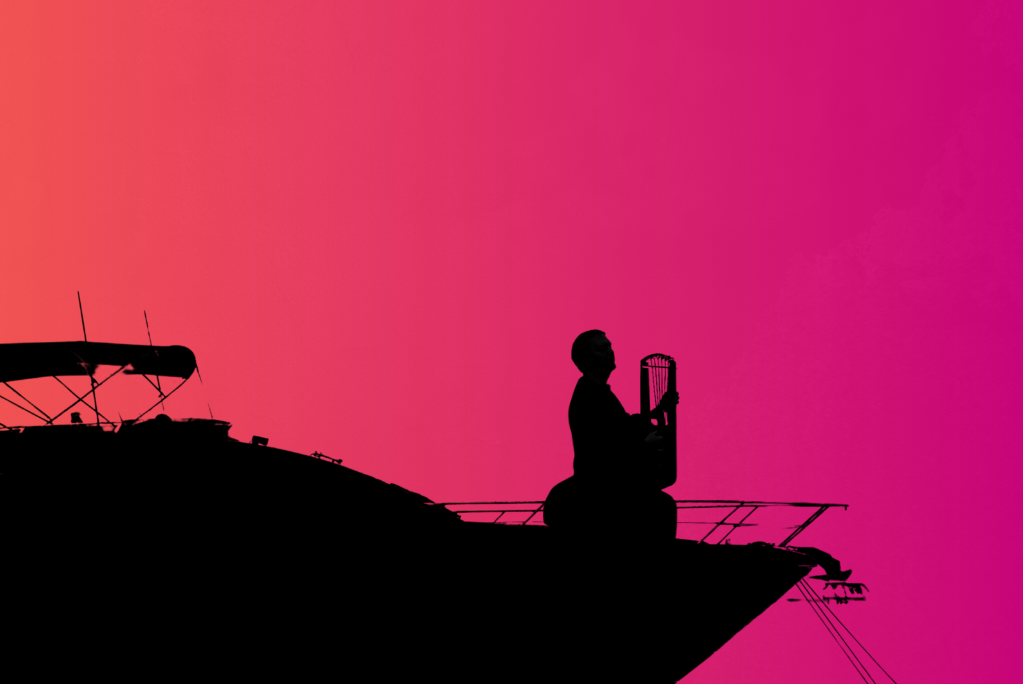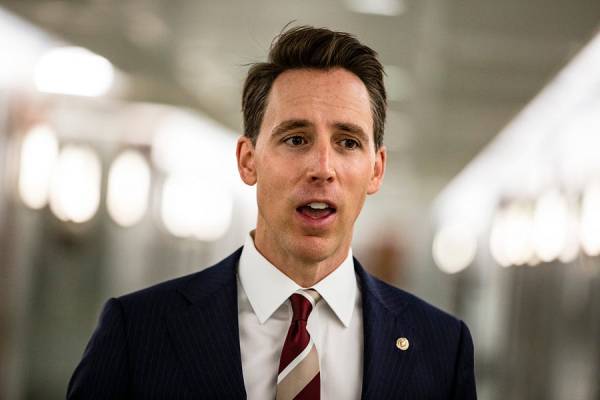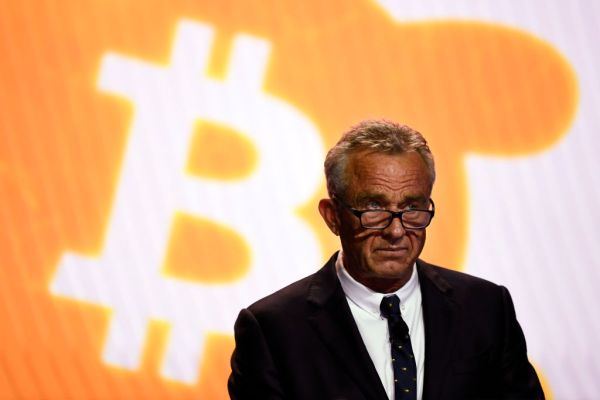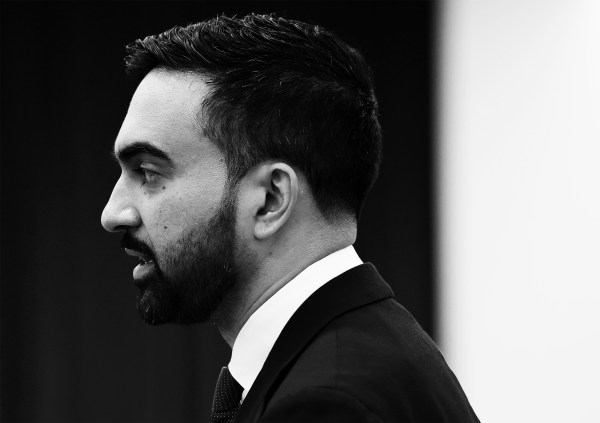American Impresario: William F. Buckley, Jr., and the Elements of American Character is mistitled. The title, and the advertising that has accompanied the book, suggests a biography of Buckley and his role in American life. (Something I was still anticipating several chapters in, as I confusedly read about the author’s fifth-grade teacher.) In actuality, the book follows author Lawrence Perelman in a coming-of-age journey in the music world, guided by Buckley, who gave him advice, helped him find jobs, and mentored this young son of immigrants. It’s a bit of a bait-and-switch. But once you get past that, American Impresario is a wholesome memoir that gives us a glimpse at Buckley not as an icon of American politics, but as a man, a friend, and most of all, a fan of classical music.
Perelman, a pianist, met Buckley in 1995 when, as an 19-year-old at music school in New York City, he reached out to Buckley and offered to perform a private recital as a thanks for Buckley’s work combating antisemitism and communism, two areas of particular interest to the son of Jews who escaped the Soviet Union. Over the following years, music helped a friendship blossom between the two, with Perelman even scheduled to perform a private recital the day that Buckley died in 2008.
Perelman found in Buckley a kindred spirit, both in appreciation of music and in talent as an impresario—that is, one who organizes concerts or other performances. Perelman did just that with classical musicians, but Buckley, he suggests, earned the title of “American Impresario” by organizing the conservative movement and, by extension, the country and perhaps even the whole of the western world.
It’s this image of Buckley as the larger-than-life savior of the American right that one commonly encounters in conservative circles. But the strength of Perelman’s book is that it shows us different sides of Buckley: Buckley the friend, Buckley the mentor, Buckley the dinner party host. Even now, 30 years from the first time Perelman met Buckley and 17 years since his death, Perelman’s love for Buckley is palpable, and his prose conveys the sense of wonder and joy a young man would feel getting to not just meet his hero but befriend him.
We’re treated to personal recollections of Buckley listening to his beloved classical music, eyes closed, smiling or even gritting his teeth in sympathy with the musician during particularly difficult portions. Buckley paying for catering at Perelman’s 30th birthday piano recital. Buckley impishly calling on dinner guests for rebuttals to each other’s points. Buckley insisting on driving to pick friends up from the train station, even when old age and sickness meant he shouldn’t have been anywhere near the driver’s seat.
Buckley may not be the protagonist of the book, but we still learn a great deal about him through Perelman’s nostalgic memories.
Notably, the focal point of Perelman’s relationship with Buckley was music, not politics. Buckley was raised to love classical music, and for a stretch in his childhood, Buckley wanted to be a professional pianist, a desire that did not come to fruition but followed him around for the rest of his life. He performed a Bach concerto with the Phoenix Symphony in 1989 at the symphony’s invitation, invited musicians like Perelman to perform at parties, and often wrote of his love for classical music—indeed, a love that seemed deeper than any love for politics. “I’ll never forget an occasion where Bill said to me that ‘politics is my vocation, not my avocation,’” writes Perelman. Elsewhere, he notes that in conversation with Buckley, politics occasionally came up, but more often the focus was elsewhere, particularly on music.
It is sad but fitting that Perelman gave Buckley a preview of his scheduled performance of Beethoven’s “Diabelli Variations” a week before he died, although he had resisted previous requests to perform it. Perelman, who was staying at Buckley’s Connecticut home when the older man died, commemorated Buckley’s life for those at the house that day with music, playing Bach for the stricken close family and friends.
“This work in C major, the simplest of keys on the piano, managed to bring us together in our grief while also giving us a sense of salvation,” Perelman writes of those present for the impromptu performance at Buckley’s house. “I’ll never forget the feeling of the tears raining down my cheeks as I finished the closing passage.”
Perelman closes the book by outlining what he believes are the virtues Buckley embodied that are most missing from American life today. Those include, among others, self-discipline, patriotism, and an eye towards cultivating the next generation of talent and leaders. But the greatest example Buckley can set for us today might be in his love for music.
In our era of hyper-partisanship, with ubiquitous social media and echo chambers abounding, politics seem to be inescapable. Everyone seems to have a passionate (but often ill-informed) opinion on every current event. The same cannot typically be said of other subjects; gone is the well-rounded life, and absent is deep appreciation for and knowledge of any interest that is not immediately economically or socially advantageous.
In this way, perhaps even more than in his politics, Buckley stands athwart popular culture, and he is a spectacular reminder of the importance of interests outside the political. (Particularly for those who work in politics.) If a man who reshaped the American political landscape did not make political life his all-encompassing passion, why should we? Indeed, put down X, close your computer. Go sailing or write spy novels, or raise Cavalier King Charles Spaniels. And maybe even listen to the “Diabelli Variations.”










Please note that we at The Dispatch hold ourselves, our work, and our commenters to a higher standard than other places on the internet. We welcome comments that foster genuine debate or discussion—including comments critical of us or our work—but responses that include ad hominem attacks on fellow Dispatch members or are intended to stoke fear and anger may be moderated.
With your membership, you only have the ability to comment on The Morning Dispatch articles. Consider upgrading to join the conversation everywhere.